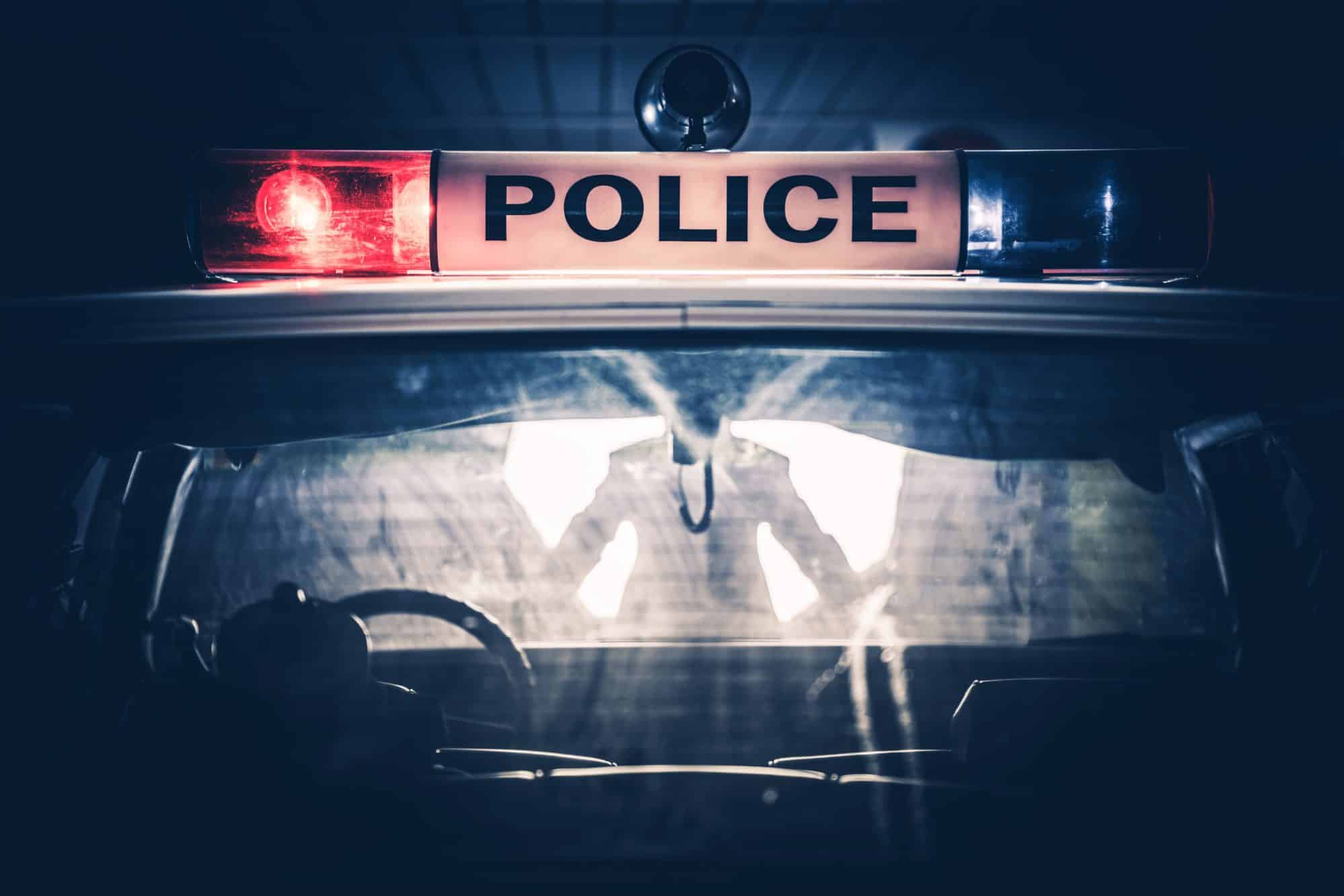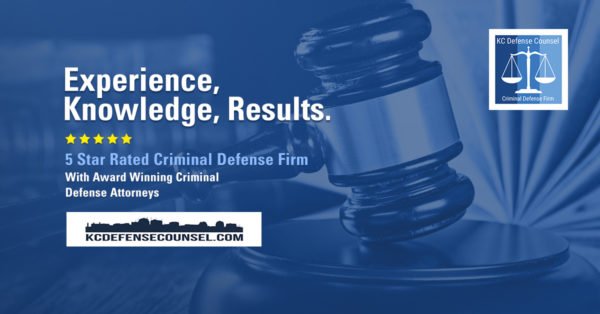Jordan Watson, In The News



If you are facing a DUI or DWI charge in Kansas City, it is important to note the fact that the state of Missouri processes these offenses administratively as well as criminally. Administrative actions differ from criminal or court actions, and if you are facing these types of charges, you should be aware of these differences.

If you are charged with serious criminal charges, you need a serious criminal defense. Our attorneys have the experience and knowledge to help you

In the state of Missouri, law enforcement officials are permitted to set up DUI checkpoints. Typically, these checkpoints are placed on busy roads, and the officers involved will either stop every car that comes through or they will use a pre-formulated system to stop cars in a seemingly random manner. Once stopped, a driver may be asked to submit to either a field sobriety test or a breath test, and if they fail, they will be arrested and charged with a DUI—even if they didn’t show signs of drunk driving before reaching the DUI checkpoint.
Under normal circumstances, when a police officer initiates a traffic stop in order to determine if someone is driving while under the influence, they first need probable cause to show that there was a legal reason for pulling the driver over. For example, if a driver runs a red light or is erratically swerving across lanes, an officer has a legal reason to pull them over. Then, based on their interaction with the driver, they may proceed with a field sobriety test or ask the driver to take a breathalyzer test. Without probable cause, the stop and subsequent DUI can be legally challenged in court.
Knowing this, it’s easy to understand why so many Americans believe that DUI checkpoints violate the 4th Amendment.
The 4th Amendment states:
“The right of the people to be secure in their persons, houses, papers, and effects, against unreasonable searches and seizures, shall not be violated, and no warrants shall issue, but upon probable cause, supported by oath or affirmation, and particularly describing the place to be searched and the persons or things to be seized.”
Basically, this protects Americans by prohibiting law enforcement from making searches and seizures without probable cause. When applying the 4th Amendment to DUI checkpoints, the following should be noted:
Despite this, the United States Supreme Court has ruled that DUI checkpoints are legal, as long as they meet specific criteria.
In order for a DUI checkpoint to be viewed as constitutional, the following criteria must be met:
If law enforcement fails to meet this criteria, it may be considered an unconstitutional checkpoint, and anyone charged with a DUI may be able to use this argument as part of their defense.
If, while driving, you note that a DUI checkpoint is ahead and you can legally turn or make a legal U-turn to avoid the checkpoint, you may do so. However, there are almost always officers posted to specifically watch drivers who avoid going through a checkpoint, and if you violate any traffic laws, they will pull you over.


Do not take any chances, get your DWI lawyer to take your paper down there and get this dismissed if he is able to. This has ramifications of revoking your diversion agreement and hurting your ability to make a living. Call your lawyer immediately

Can I go shoot a gun with a friend I’m a convicted felon of a non violent crime I was released in 2011? I have my voting rights back I just don’t want to get in trouble

We were recognized for our successful work for our clients, attorneys in our firm, and model of how we do criminal defense. We are humbled by this recognition and will work harder for our clients.
If you have a criminal matter in the Kansas City, Metro. Please contact us